Section: International
There are more than 200 results, only the first 200 are displayed here.
-
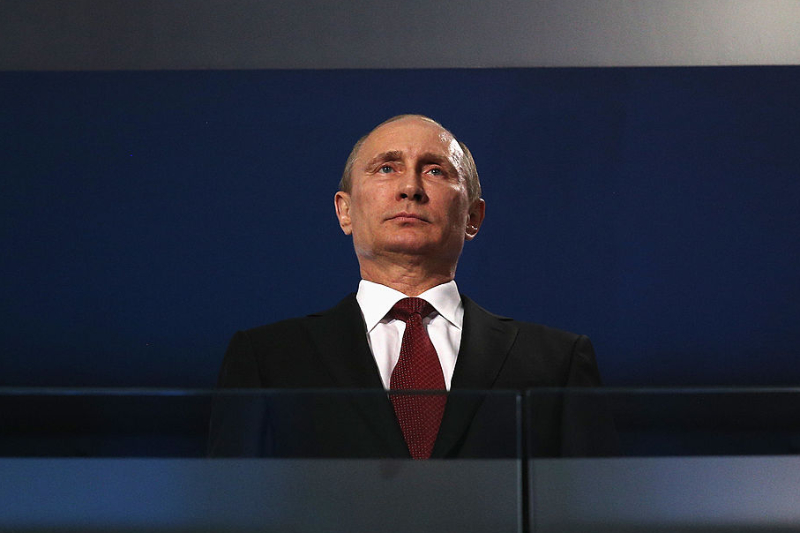
INTERNATIONAL
- Joel Hodge
- 25 February 2022
28 Comments
President Putin of Russia has embarked on an unprecedented military campaign in Ukraine without direct provocation or justification. In the West, there is a feeling of disbelief and confusion. How can Putin do this? And how can the Russian people accept this invasion?
READ MORE 
-
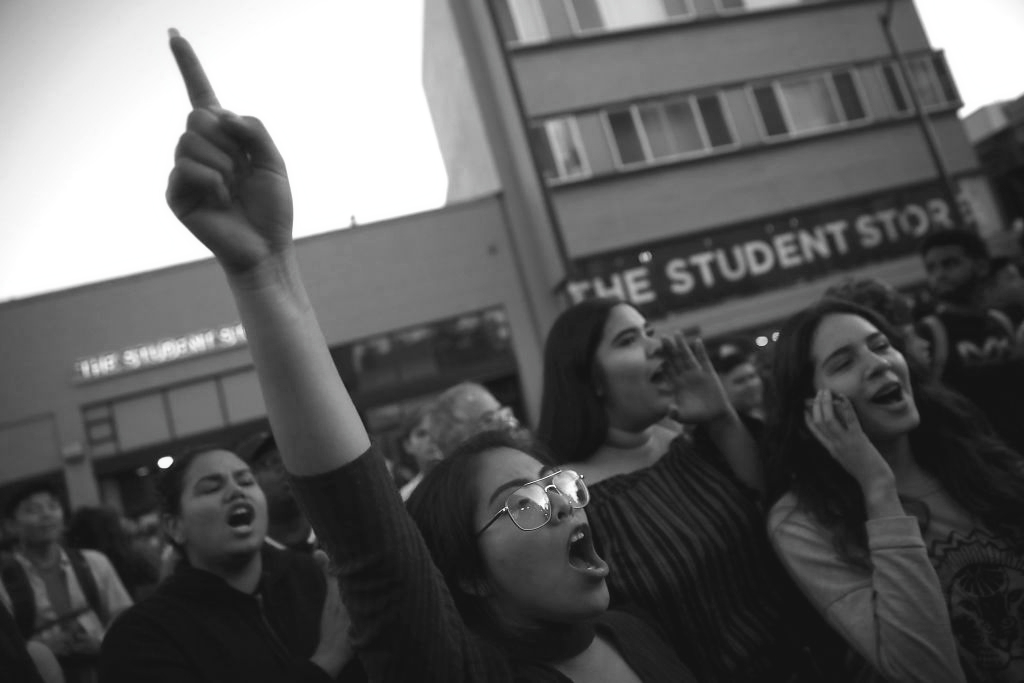
INTERNATIONAL
- Kenneth S Stern
- 08 February 2022
25 Comments
The university campus is really the ideal place to tackle thorny issues. It is a safe place to examine all ideas, even — or perhaps especially — those that people find offensive or disturbing. The sad fact, though, is that there is a push these days to send the opposite message to students — that they should be shielded from intellectual discomfort.
READ MORE 
-
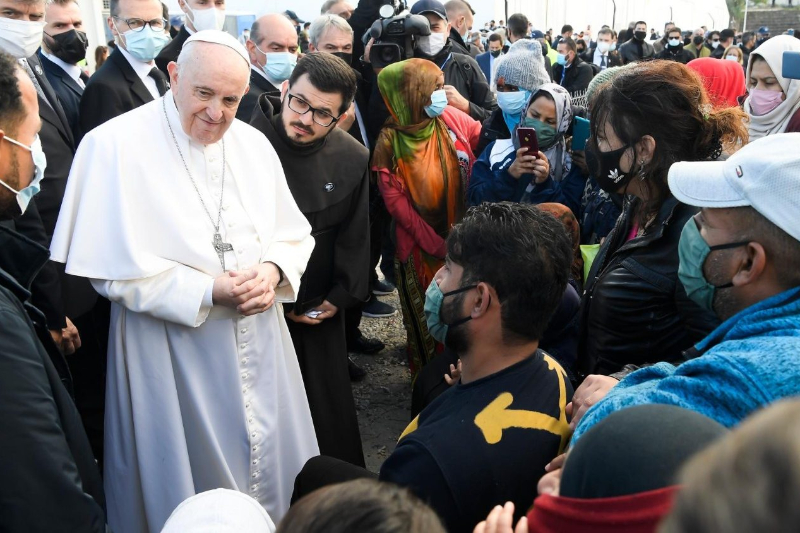
INTERNATIONAL
- Stephen Minas
- 18 January 2022
26 Comments
During his December journey to the eastern Mediterranean nations of Cyprus and Greece, Pope Francis drew attention to the conditions for irregular migration that result in thousands drowning at sea and many more languishing for years in camps. The International Organization for Migration records 23,150 missing migrants in the Mediterranean since 2014.
READ MORE 
-
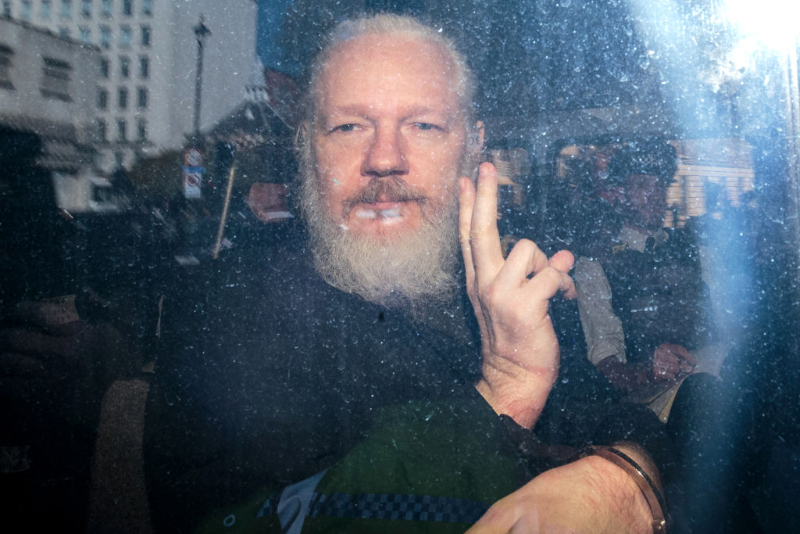
INTERNATIONAL
- Binoy Kampmark
- 16 December 2021
18 Comments
The legal pursuit of Assange is disturbingly unique not only for using an archaic law against a non-US national; it is also the first instance of an international application of it against a publisher. The law, if applied in the way suggested by the charges, criminalise the receipt, dissemination and publication of national security information, irrespective of motive. If the US Espionage Act 1917 were applied in this way, it would appear to subvert the free press provision in the United States Constitution.
READ MORE 
-
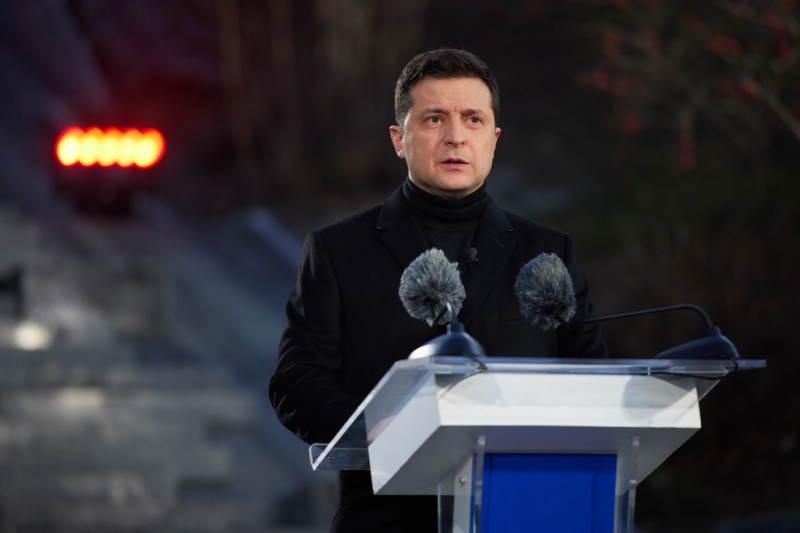
INTERNATIONAL
- Justin Glyn
- 30 November 2021
8 Comments
Global warming, much in the news of late, has been accompanied by another unwelcome thaw. The ‘frozen conflict’ in the East of Ukraine between a Western-backed, Ukrainian nationalist government and Russian-speaking rebels with cultural affinity with Moscow, has been heating up alarmingly.
READ MORE 
-
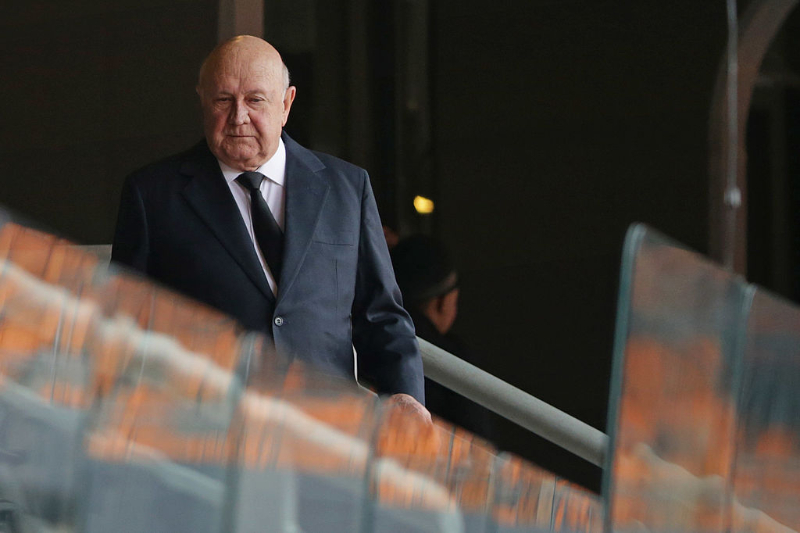
INTERNATIONAL
- Binoy Kampmark
- 23 November 2021
51 Comments
The passing of South Africa’s last apartheid president, FW de Klerk, raises pressing questions about a complex historical character who, according to his brother, Willem de Klerk, slowly outgrew apartheid. In a critical sense, he was bound, understandably, by both time and context: race, the need to defend a racial hierarchy, the historical role of a segregationist system that saw his all-white National Party retain power for decades.
READ MORE 
-
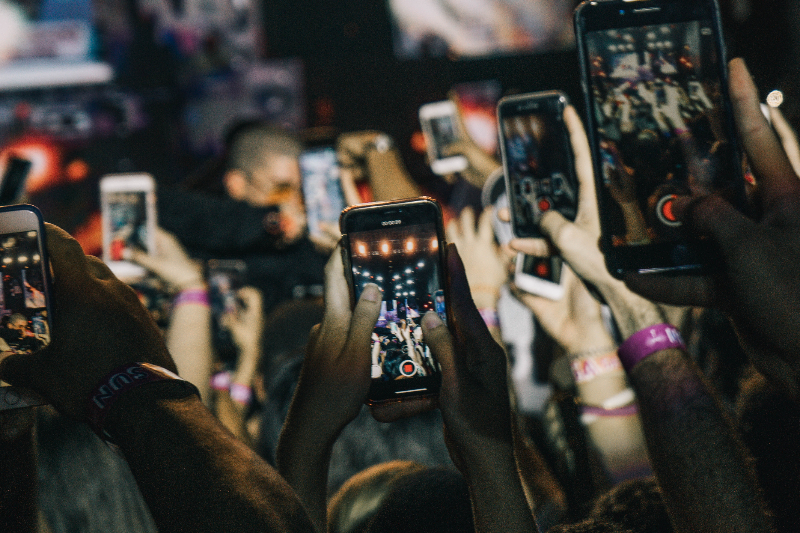
INTERNATIONAL
- Jarryd Bartle
- 04 November 2021
3 Comments
For the past two years, there has been a dramatic uptick in young people (almost exclusively females) presenting with tic-like behaviours indicative of Tourette Syndrome to specialist clinics in Canada, the United States, the UK, Germany and Australia. The phenomena of tic-like behaviours developed rapidly over a course of hours or days, coined ‘rapid onset tic-like behaviours’ in one paper, appears to be a form of functional neurological disorder with an unusual cause: social media.
READ MORE 
-
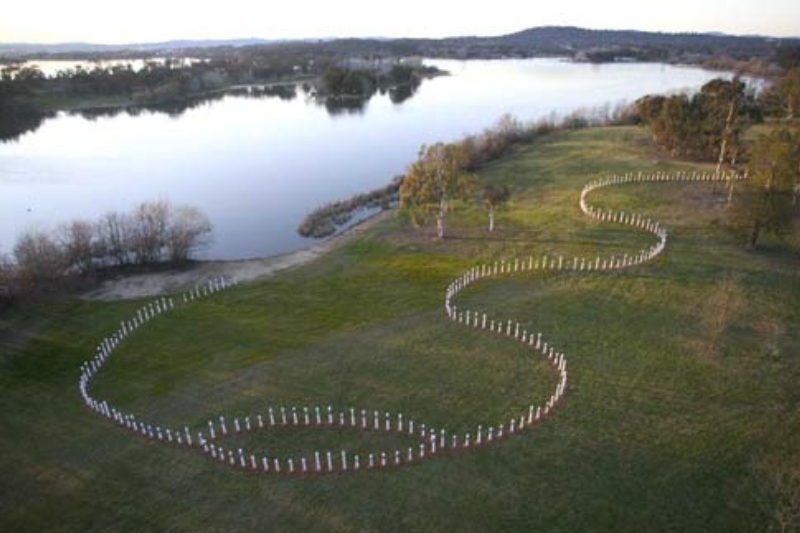
INTERNATIONAL
- Binoy Kampmark
- 01 November 2021
38 Comments
Two decades ago, an Indonesian vessel given the name SIEV X sank with loss of life that should have caused a flood of tears and a surge of compassion. Instead of being seen in humanitarian terms, the deaths of 353 people became a form of rich political capital, placed in the bank of opportunism to be amortised at a federal election.
READ MORE 
-
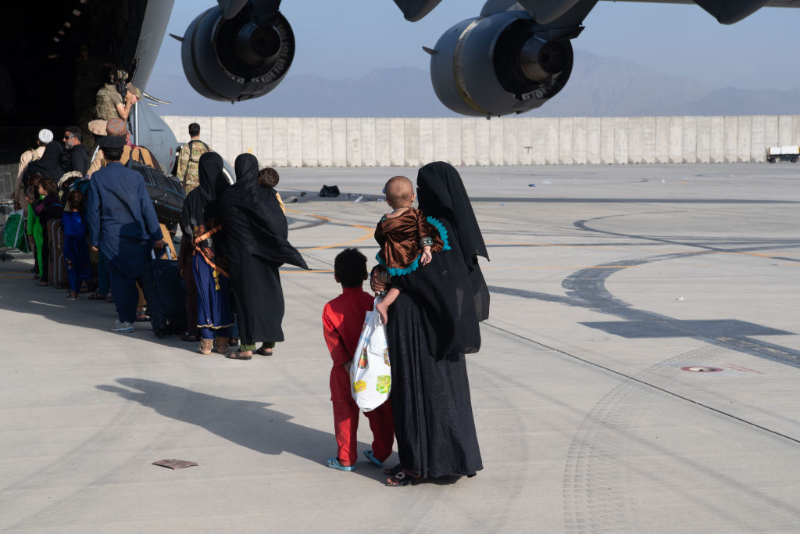
INTERNATIONAL
- Kerry Murphy
- 28 October 2021
6 Comments
Mark Twain is reported to have said ‘history does not repeat, it rhymes.’ Watching a US helicopter evacuating people from the US Embassy in Kabul, that was rhyming. Many have seen this picture before, 30 April 1975, but then it was Saigon. The massive confusion, mixed messages, terrified people, lack of human rights protection happened in 1975, and still happens in 2021.
READ MORE 
-
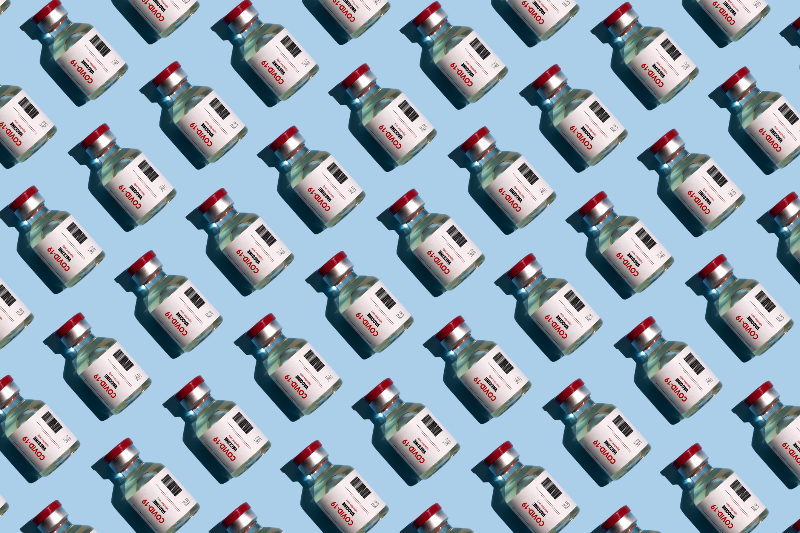
INTERNATIONAL
- Binoy Kampmark
- 14 October 2021
13 Comments
With the world clearly divided between those vaccinated against COVID-19 and those who are not, ethicists, public health specialists and politicians have become more preoccupied by the prospect of booster shots.
READ MORE 
-
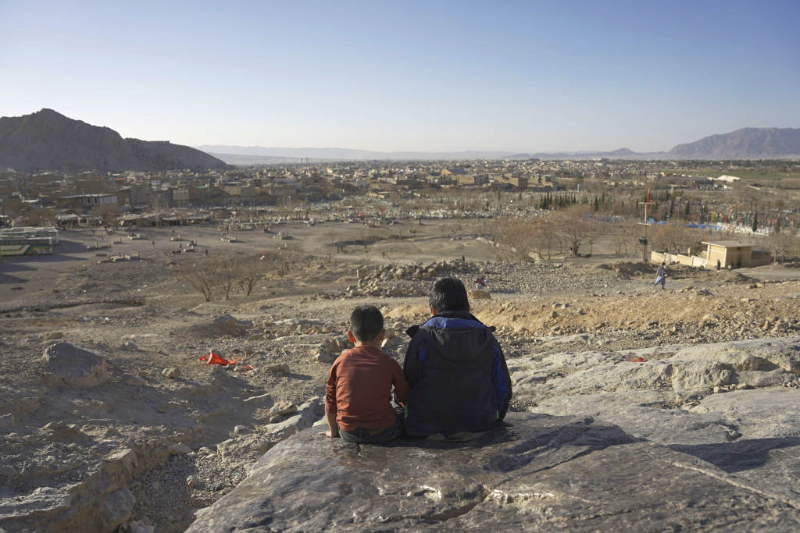
INTERNATIONAL
- Hava Rezaie, Hayat Akbari, Zaki Haidari
- 28 September 2021
6 Comments
It has now been over a month since the Taliban seized Kabul. As attention inevitably shifts elsewhere, the painful question arises: What's next? Is this another 'back to the future' moment? The signs are grim. Over the last two weeks, the Taliban have issued a number of edicts which demonstrate that their attitudes to women have not changed.
READ MORE 
-
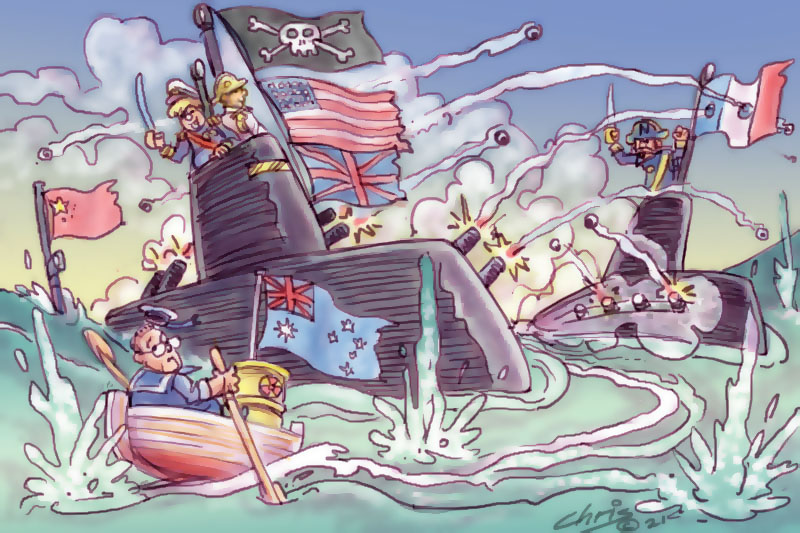
INTERNATIONAL
- Binoy Kampmark
- 20 September 2021
31 Comments
Defence is a costly business, and few branches of defence are more costly, and questionable, than a country’s submarine capability. Since 2009, Project SEA 1000, the name for Australia’s Future Submarine program, has fascinated strategists and defence planners. In 2016, this resulted in an agreement with the French submarine company DCNS (now called Naval Group) to build an un-designed attack class vessel. Other contenders in the competitive tender — Germany and Japan, for instance — had existing models.
READ MORE 